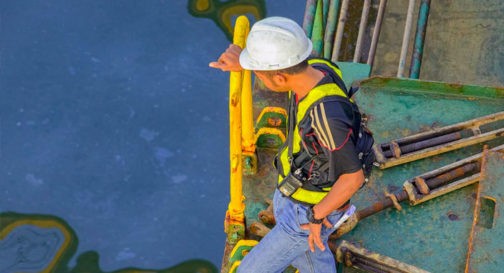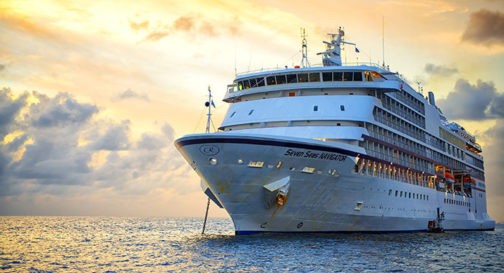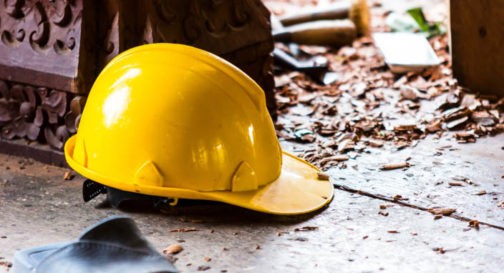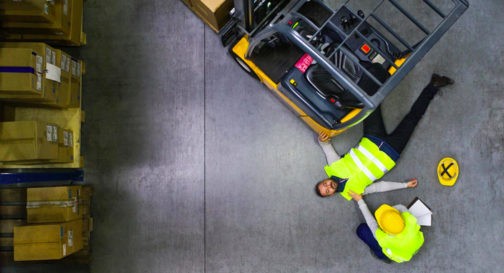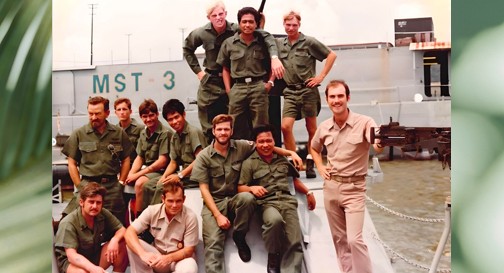How to Determine Fault in Boating Accident Personal Injury Cases?
April 16, 2024
Why is it Vital To Accurately Determine Fault in a Boating Accident Personal Injury Case?
Boating is an enjoyable outdoor activity for many Californians. But even momentary negligence by another boater can lead to catastrophic accidents. Failing to keep a proper lookout, creating dangerously large wakes, or operating a boat while intoxicated are just some of the negligent actions that can endanger passengers and other boaters.
If you’ve been injured in a boating accident, determining fault is crucial to establishing which party or parties were legally responsible for the incident and resulting injuries. This information forms the foundation for any personal injury claim. Additionally, the compensation a victim can recover is directly tied to the degree of fault attributed to the liable party. Correctly identifying the at-fault party or parties and their role in the accident is essential for the victim to receive full and fair compensation.
How Could the Determination of Fault in Your Case Impact Your Ability to Recover Damages?
California Civil Code §1714(a) reads in part that, “Everyone is responsible, not only for the result of his or her willful acts, but also for an injury occasioned to another by his or her want of ordinary care or skill in the management of his or her property or person, except so far as the latter has, willfully or by want of ordinary care, brought the injury upon himself or herself.” Based on this statement, California operates under a pure comparative fault system when awarding damages for personal injury claims.
In a pure comparative fault system, an injured party can file a personal injury lawsuit as long as they are not fully at fault for their accident. However, the plaintiff’s award will be reduced in proportion to the percentage of fault assigned to them. For example, take a case where a boater experienced $100,000 in damages from medical bills, lost wages, and other losses after a collision with another boat. Following an investigation, they were found to be 25% at fault for the crash because they were speeding when it occurred. In this situation, the injured plaintiff could only collect a maximum settlement award of $75,000.
Accurately determining fault is essential to ensuring maximum recovery for your claim. Insurers and their legal teams often try to shift responsibility for the accident onto the victim to decrease settlement amounts. A skilled California boating accident attorney can advocate for your rights and challenge allegations that your negligence contributed to the accident by providing compelling evidence to the contrary.
What Steps Should You Take Immediately Following Your Boating Accident to Support Any Future Claims?
Boating accidents are often sudden and shocking. Maintaining your composure as much as possible in the moments following the incident is important to safeguard your health and that of anyone else involved. Taking the following actions If you are physically able after the accident can be crucial to establishing liability and protecting your right to obtain compensation:
- Ensure everyone’s safety and provide first aid: Get the boat to a safe location and stop. Account for all passengers and provide medical attention to anyone involved in the accident. If severe injuries have occurred or a passenger is missing, call 911 or contact the Coast Guard for assistance.
- Seek medical treatment: Even if you have minor injuries or feel ok after an accident, getting a medical evaluation is important. Some serious injuries may not be obvious due to the masking effect of adrenaline. Prompt medical care can be vital to your health and your claim.
- Report the accident to the relevant authorities: Federal and state laws often mandate the reporting of boating accidents. Under California law, boat operators must report accidents involving death, disappearance, or injury requiring treatment beyond first aid, property damage exceeding $500, or a complete loss of a vessel. The official accident report can serve as a crucial document that can establish fault in a personal injury claim.
- Carefully gather information regarding the accident: Evidence from a boating accident can disappear rapidly, so it is essential to document the scene and your recollections as soon as possible. Gather contact and insurance information from the other parties involved. Take photographs of the scene, vessel and property damage, and injuries. Record the weather and visibility conditions. If anyone witnessed the accident, try to obtain a statement from them and get their name, address, and phone number. All this information may be essential for determining how the accident occurred and who was responsible.
What Jurisdictional Considerations May Be Involved in Boating Accident Cases?
The laws governing boating accidents can be complex and may impact your financial recovery process.
Accidents on navigable waterways may fall under federal maritime law, while the state’s tort law governs those on non-navigable waters. As the applicable law can significantly affect the legal standards and procedures for the personal injury claim, such as the statute of limitations, it’s essential to seek the guidance of a maritime accident attorney to determine how to proceed with your case.
How Can an Experienced Boating Accident Attorney Assist You?
Given the complexities of maritime law and boating accident cases, victims are strongly advised to seek legal counsel. An attorney from The Law Offices of Preston Easley can help you navigate the legal process, ensure all evidence is properly collected, determine who was at fault for the accident, and maximize your chances of recovering full compensation for your losses. If you or a loved one have been injured in a boating incident, contact our firm today at 310-773-5207 to schedule a free consultation to discover your legal options.


